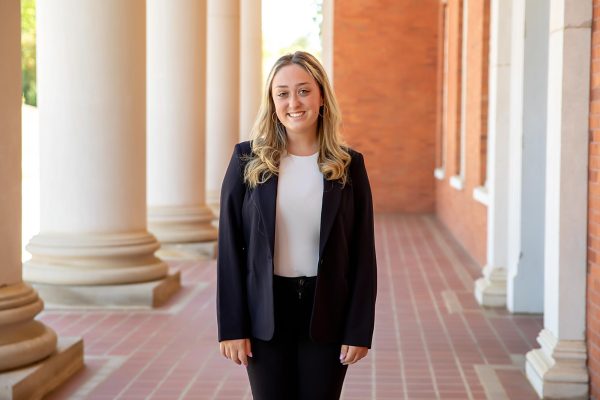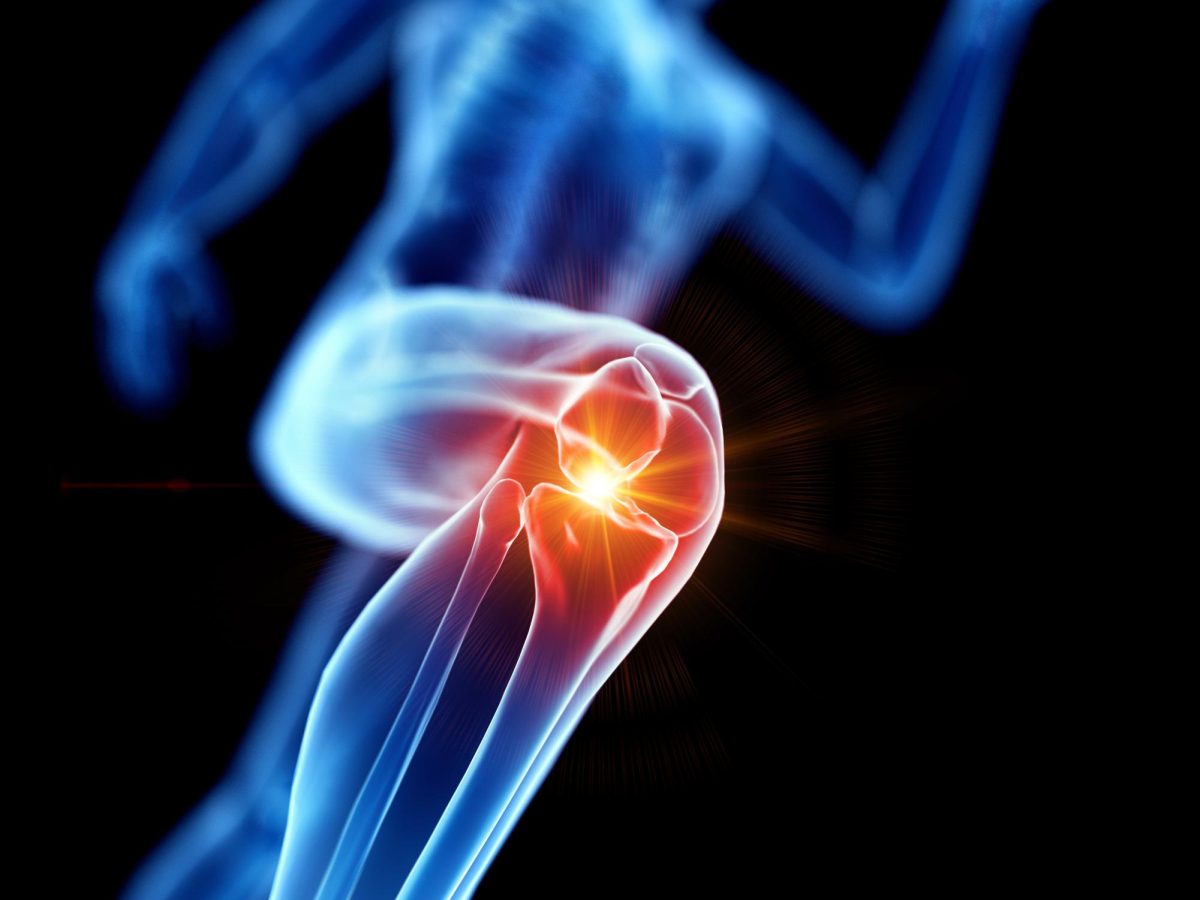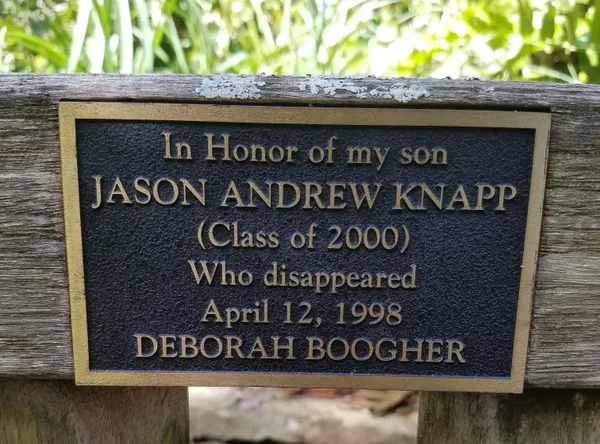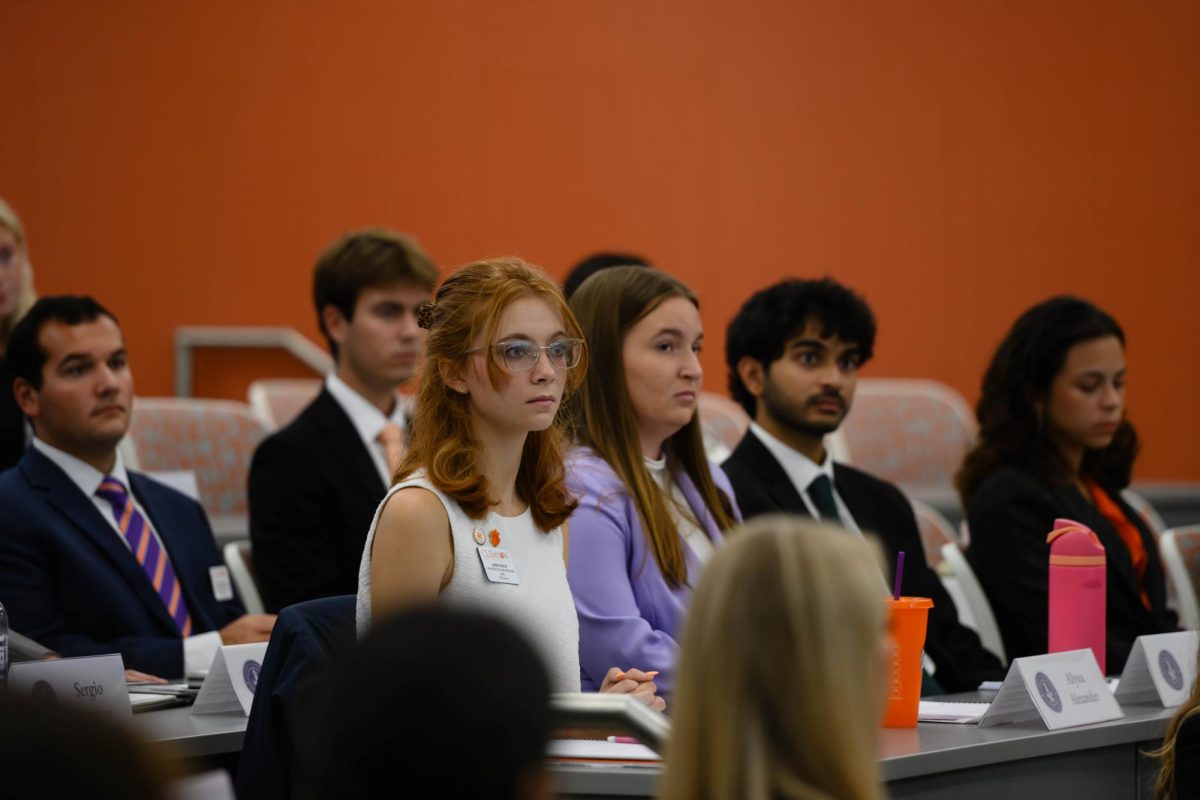With the 2024 United States presidential election less than two weeks away, citizens across the country are making their final voting decisions. On Nov. 5, the controversial presidential race between former President Donald Trump and Vice President Kamala Harris will end.
CNN hosted the first presidential debate on June 27, with current President Joe Biden running against Trump. Citizens across America heavily critiqued Biden’s performance in the debate, as the 81-year-old president trailed off in the middle of his sentences and frequently gave nonsensical answers.
On July 21, Biden decided to withdraw from the race, claiming that it was in the “best interest” of the Democratic Party and the country that he stand down. Later the same day, Biden officially endorsed his vice president and called for Democrats to “come together and beat Trump.” Harris announced her presidential campaign the same day, becoming Trump’s new opponent.
Biden’s withdrawal was the closest to an election that a U.S. incumbent president dropped out of their reflection race. Only two other presidents have ever withdrawn from the race within the last year of their term. In 1952, then-President Harry S. Truman announced he would not seek reelection as the nominee for the Democratic Party. A little over a decade later, in 1968, then-President Lyndon B. Johnson announced he would not seek a second term.
In early August, Harris announced that Tim Walz, the current governor of Minnesota, will run alongside her as vice president. Trump’s vice presidential pick is JD Vance, one of two Ohio senators. Both candidates claim rural America: Tim Walz was born in a small Nebraska town with a population of 3,500, while Vance rose to prominence for his memoir “Hillbilly Elegy,” which details his Appalachian values and the socioeconomic problems of his Ohio hometown.
CNN hosted the second presidential debate on Sept. 10 — the first and only debate between Harris and Trump. The two battled on various topics regarding the economy, abortion, immigration, border security and healthcare.
Important aspects of Harris’ campaign, as she stated in the presidential debate, were to create a tax cut for middle-class citizens, provide the right to an abortion for people in each state, add border agents and maintain the Affordable Care Act.
Trump reviewed his campaign during the debate as well, promising to implement tariffs on other countries, utilize each state’s choice to allow abortion, reduce the number of immigrants coming into the country and eventually replace the Affordable Care Act.
Following the debate, many questioned whether there would be another debate between Harris and Trump. While Walz and Vance held a vice presidential debate hosted by CBS on Oct. 1, the presidential candidates did not agree to another debate. Harris accepted an invitation by CNN for a debate on Oct. 23, but Trump declined the debate on the grounds that it was “too late.”
Additionally, Trump and Harris have both focused on organizing rallies in each state, racing to reach high-profile locations and generate support from diverse communities of voters.
With these rallies, both parties have been able to rise in general numbers as well as financial supporters. The two’s increased media presence has also fostered greater voting activity.
Over 17 million Americans have sent in early votes, according to the New York Times.
The presidential election, along with Clemson’s municipal election, takes place on Nov. 5 in South Carolina. The deadline to request an absentee ballot is Oct. 25 at 5 p.m. Students interested in obtaining an absentee ballot should reach out to the voter registration office in their home county to receive an application.










